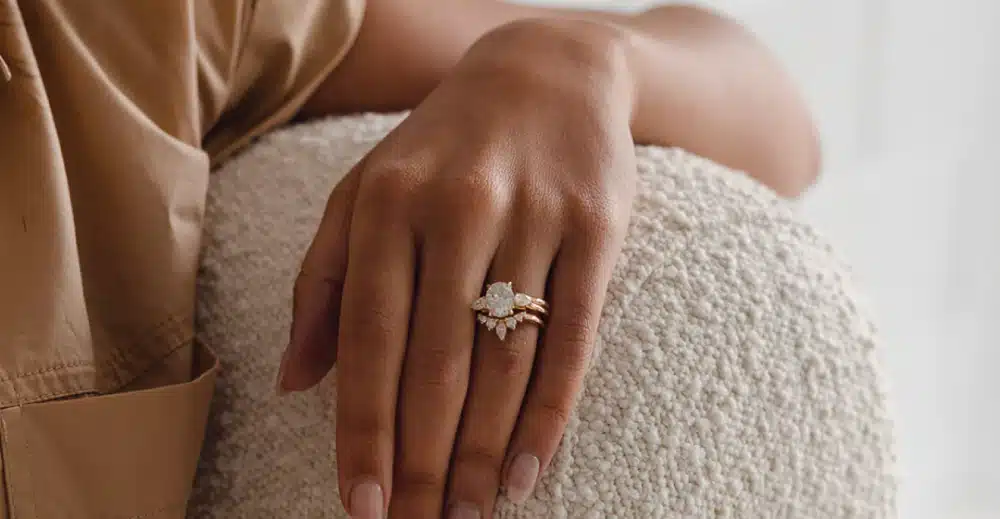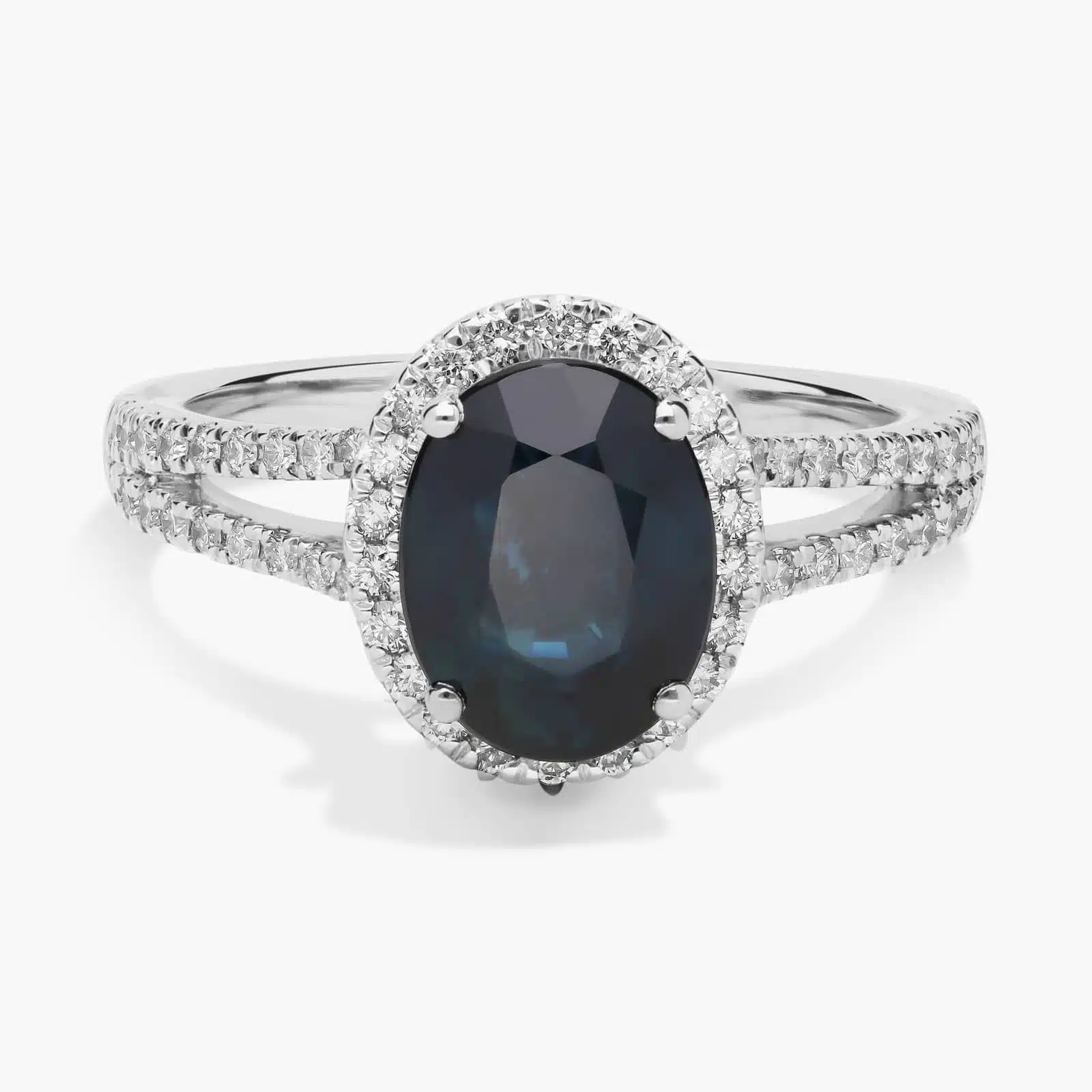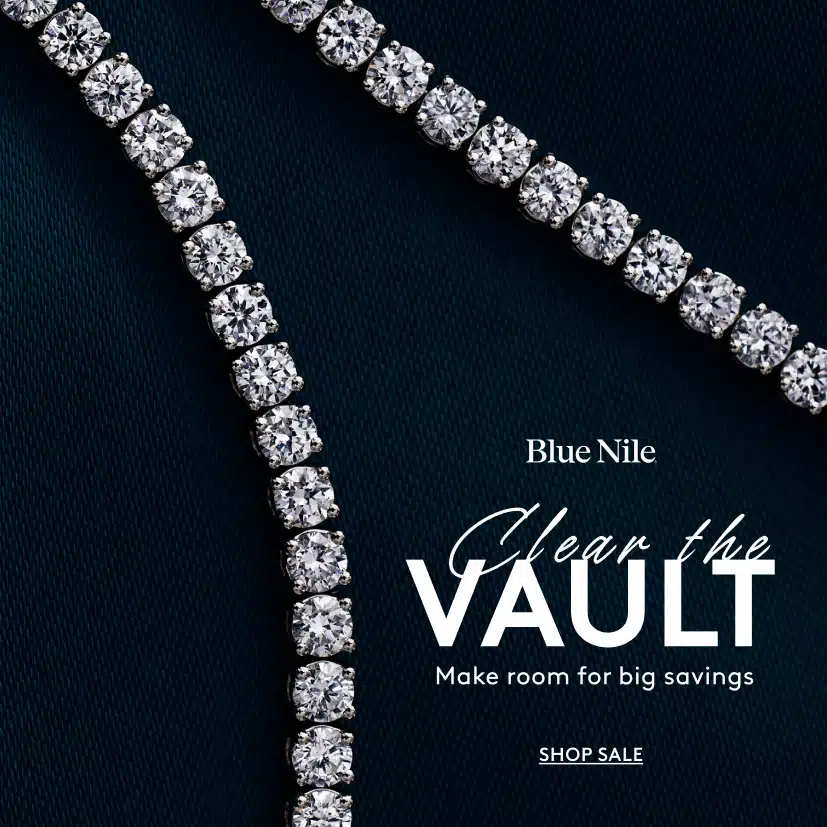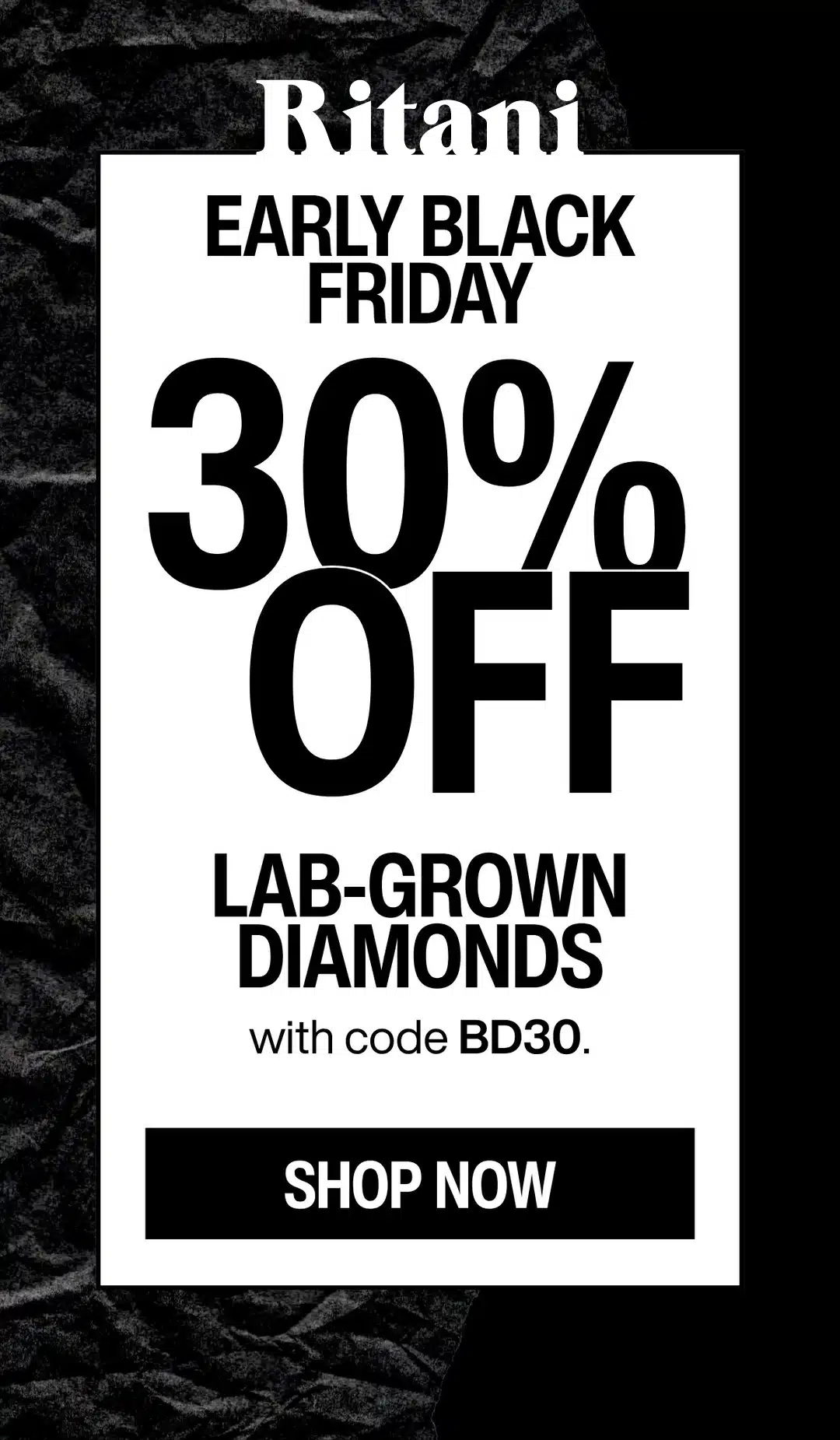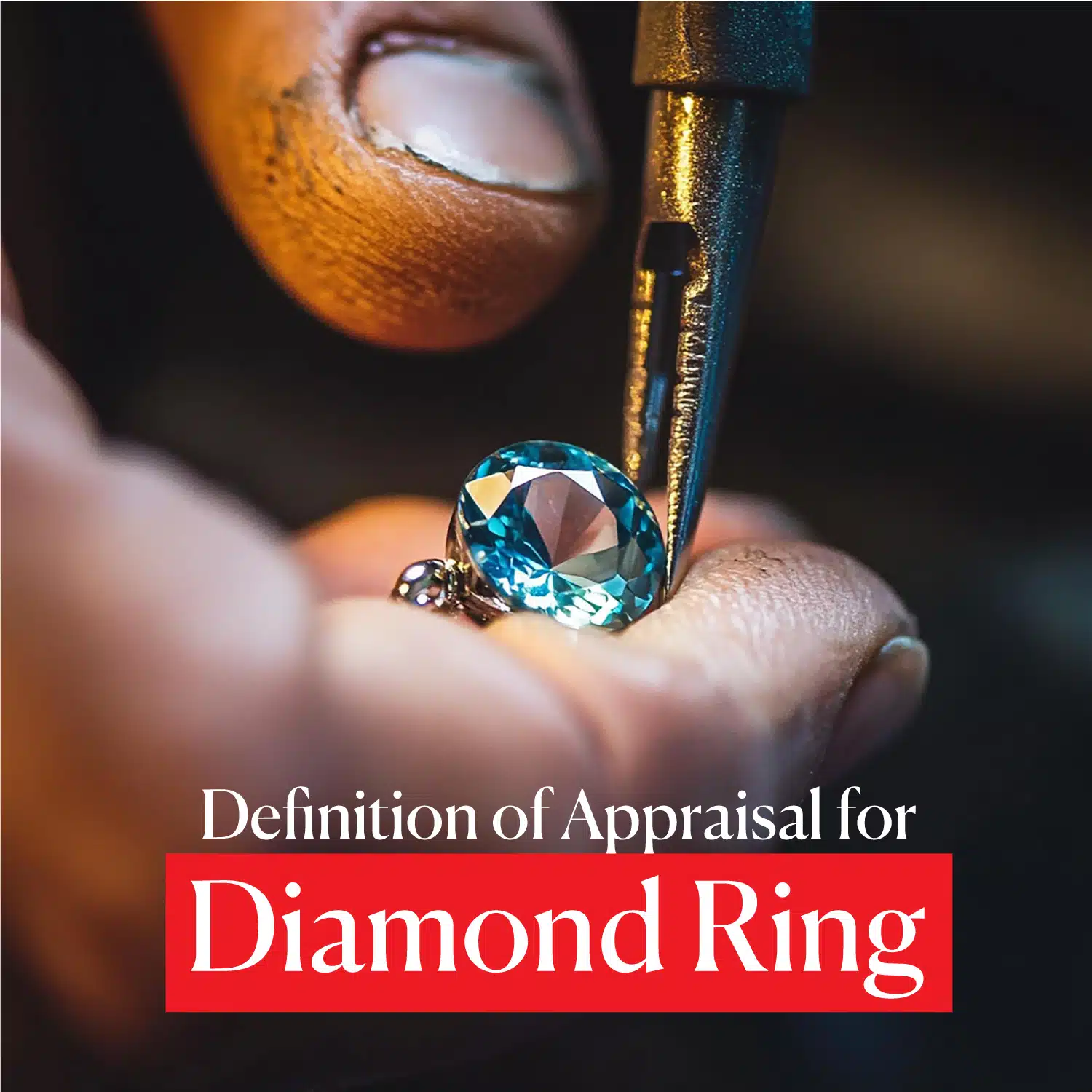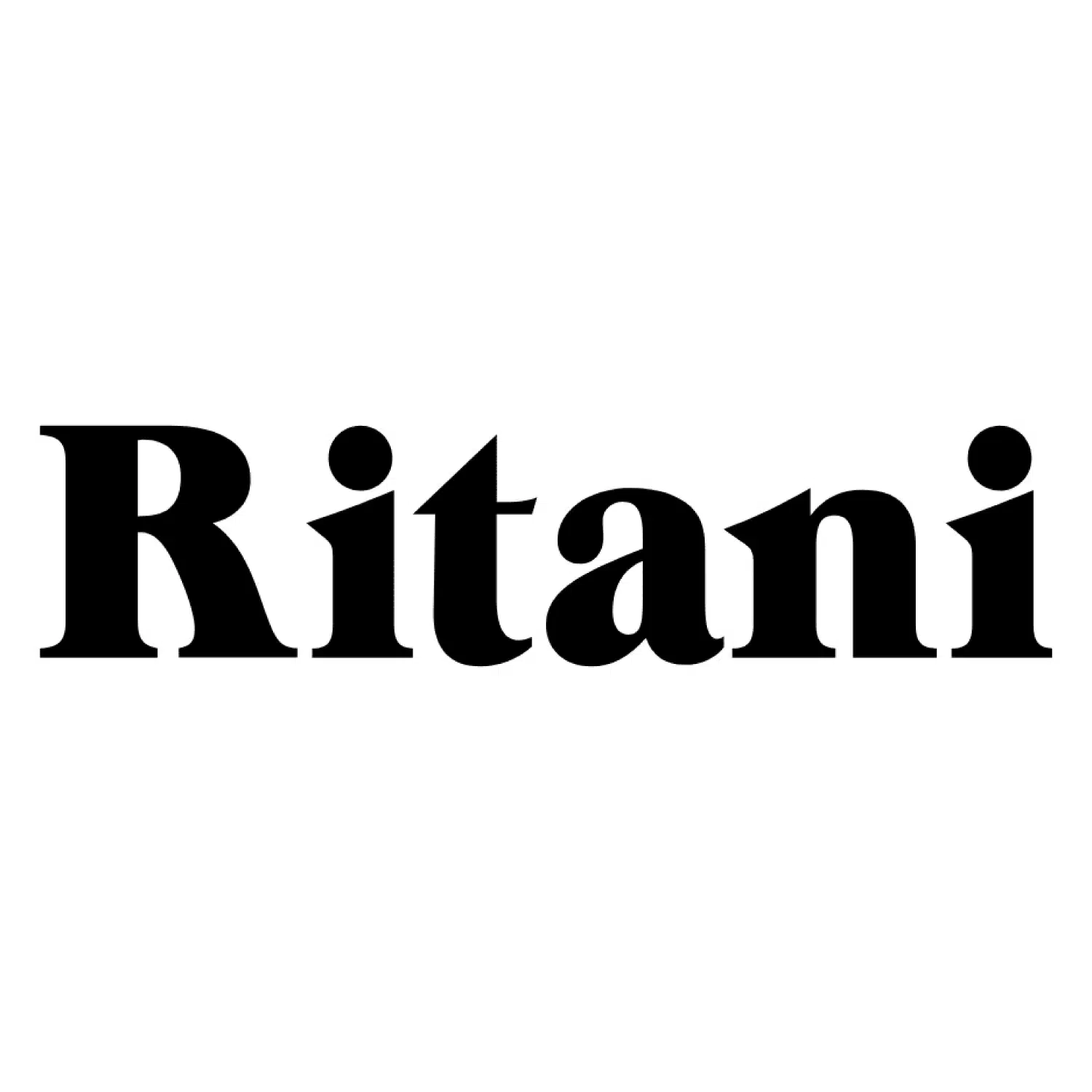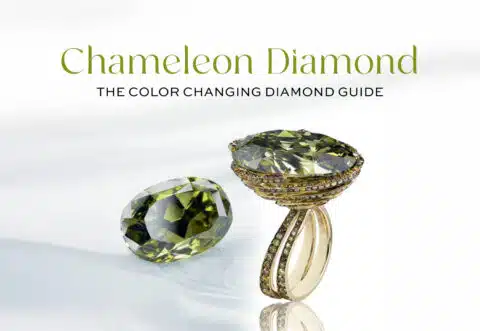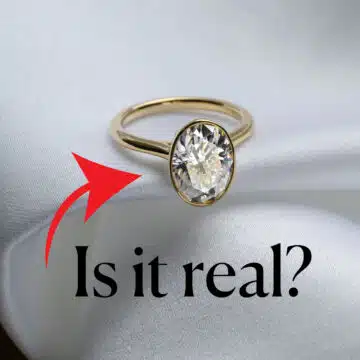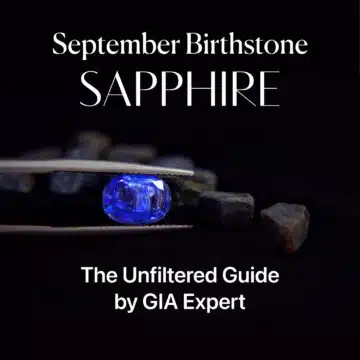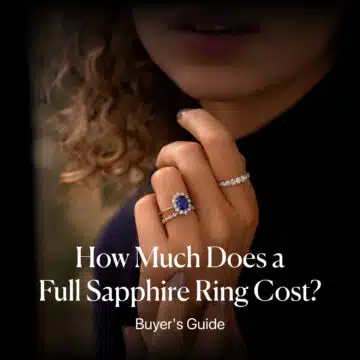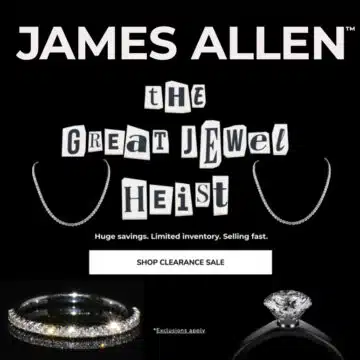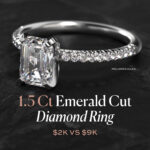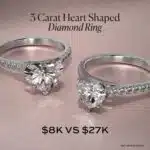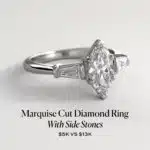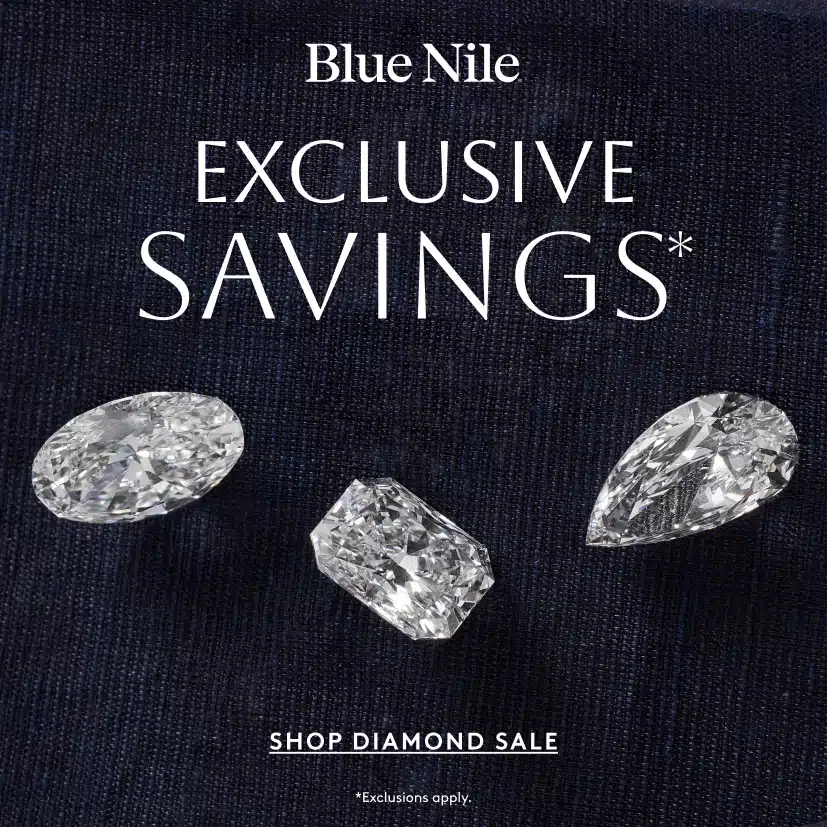The definition of appraisal for diamond ring refers to a professional evaluation that determines the ring’s market value by assessing its unique characteristics and quality. This process is essential for understanding the true worth of your diamond ring, whether for insurance purposes, resale, or estate planning. An appraisal not only helps you protect your investment but also ensures that you have accurate documentation in case of loss, theft, or damage.
When it comes to selling or trading in your ring, an appraisal builds trust by providing a transparent valuation. It’s also critical for equitable distribution of assets during estate planning or when inheriting family heirlooms.
Having your diamond ring appraised gives you peace of mind and ensures you’re eligible for full financial reimbursement if something happens to your jewelry. Trusted diamond vendors like Blue Nile and James Allen even offer complimentary appraisals with their engagement rings and fine jewelry collections.
In this guide, we’ll explore everything you need to know about diamond ring appraisals, from their definition and importance to the types of appraisals, how to prepare your ring, and the factors that influence its value. Let’s dive into the world of diamond appraisals!
- What Is the Definition of Appraisal for Diamond Ring?
- Why You Need a Diamond Ring Appraisal
- How to Get Your Diamond Ring Appraised
- Factors Influencing the Value in a Diamond Ring Appraisal
- Appraisal Costs: What to Expect
- How Often Should You Update a Diamond Ring Appraisal?
- Resale and Trade-In Value: What to Expect
- Benefits of Regular Appraisals for Long-Term Investment
- FAQs About the Definition of Appraisal for Diamond Ring
- Conclusion
What Is the Definition of Appraisal for Diamond Ring?
The definition of appraisal for diamond ring is a professional evaluation that determines its value. An appraisal provides details about the diamond’s quality, metal type, and overall craftsmanship. It is done by a certified appraiser who uses their expertise to assess your ring’s worth.
Appraisals are important because they give an accurate market value. This value is used for insurance, resale, or estate planning. Without an appraisal, you might not get fair compensation if your ring is lost or damaged.
Many confuse a diamond grading report with an appraisal. A grading report focuses on the diamond itself. It tells you the carat, cut, clarity, and color. An appraisal, however, looks at the entire ring. It includes the diamond, setting, and even the brand or design.
Both are important, but an appraisal is essential for knowing your ring’s monetary value.
Diamond IQ Test: Natural or Lab-Grown?
Two identical diamonds: GIA Certified, 1.51ct, D Color, VVS1, Ideal Cut. One is natural ($16,530), the other is lab-grown ($2,390). Choose the diamond you like better and see if you can match it to its origin.
Why You Need a Diamond Ring Appraisal
A diamond ring appraisal is not just a document—it’s your ring’s safety net. It determines the value of your ring, ensuring you are protected in various scenarios like theft, damage, resale, or inheritance. Here’s why getting an appraisal is essential:
Insurance Coverage and Peace of Mind
An appraisal ensures you can recover the value of your ring if something goes wrong. Insurance companies require an appraisal to provide adequate coverage.
Why it’s important for insurance:
- Protects against theft, loss, or damage.
- Ensures your ring is covered for its replacement value.
- Helps you avoid disputes with insurance companies by offering a professional valuation.
Having an appraisal gives you peace of mind, knowing that even if the worst happens, you won’t face financial loss.
Best Deal Of The Year – Final Days
Blue Nile’s “Clear The Vault” is ON.
Shop Fine Jewelry Upto 70% OFF.
*Exclusions may apply. See Blue Nile for complete details.
Resale, Trade-Ins, and Estate Planning
When selling or trading your diamond ring, a professional appraisal is vital. It provides a transparent valuation that builds trust with buyers or jewelers.
Benefits for resale and trade-ins:
- Establishes a fair market value for the ring.
- Assists in negotiating a competitive resale price.
- Offers clarity on what your ring is worth in current market conditions.
For estate planning, appraisals play a crucial role in legal and financial matters:
- Ensures equitable distribution of assets among heirs.
- Helps avoid disputes by providing a clear, certified valuation.
- Useful for calculating taxes or donations involving your jewelry.
An appraisal is more than just a piece of paper. It protects your investment, helps you plan for the future, and ensures you get the right value in any situation. Whether you are insuring your ring, selling it, or passing it on, a professional appraisal is a must.
Types of Diamond Ring Appraisals
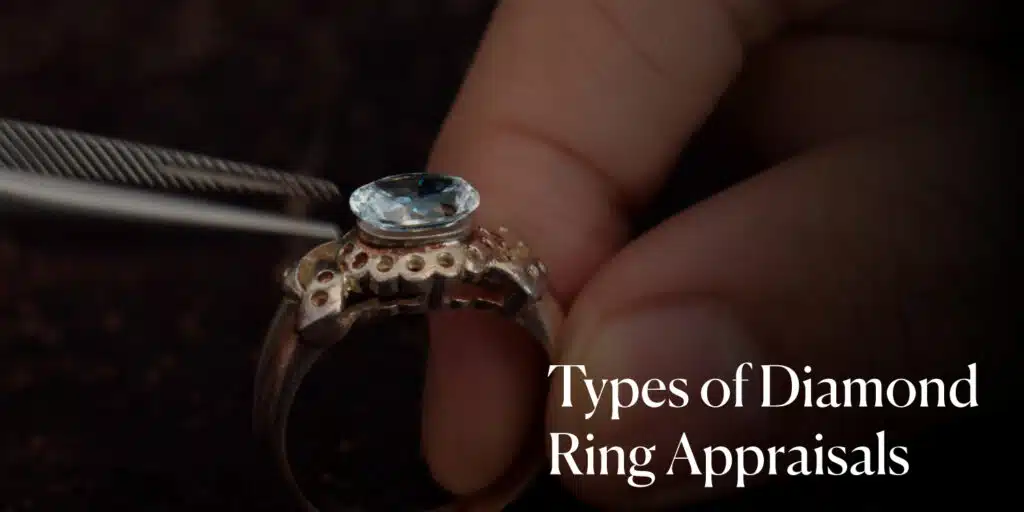
A diamond ring appraisal is not one-size-fits-all. The type of appraisal you need depends on your purpose, whether it’s for insurance, resale, or legal matters. Let’s explore the most common types:
Insurance Replacement Appraisals
This is the most common type of appraisal. It determines how much it would cost to replace your ring with a similar one if it’s lost or damaged.
Key features:
- Focuses on retail replacement value, considering current market prices.
- Used for insurance policies to ensure full coverage.
- The valuation often includes the diamond, setting, and labor costs.
For example, if your ring costs $5,000 today, the appraisal will reflect the price you’d pay to replace it with an identical or comparable ring.
Fair Market Value Appraisals
This appraisal calculates how much your ring would sell for in the current market, usually in its used condition.
Key uses:
- Ideal for resale purposes or trade-ins.
- Reflects the price a buyer is willing to pay and a seller is willing to accept.
- Usually lower than the retail replacement value, as it accounts for depreciation.
For example, a $5,000 retail ring may have a fair market value of $2,500 to $3,500 depending on wear and market demand. The appraisal value of a diamond ring often exceeds its actual purchase price. For instance, a Halo Diamond ring from James Allen priced at $4,582 could be appraised at around $9,164.
Similarly, a five-stone diamond ring from Blue Nile, sold for $4,110, might receive an appraisal value closer to $8,344. This difference is typical because appraisals often reflect replacement costs rather than the retail purchase price.
Blue Nile is one of the biggest and most recognized online jewelry retailers, offering an extensive and exclusive inventory. Their high-resolution images are improving and getting closer to the quality offered by James Allen, while their prices remain highly competitive. Right now, Blue Nile offers up to 30% savings on jewelry during a limited-time sale.
WHAT WE LOVE ABOUT THEM:
- 30-day no-questions-asked return policy, with a prepaid shipping label provided by Blue Nile.
- Lifetime warranty on all purchases.
- Free shipping on every order.
- Complimentary services every six months, including prong tightening, repolishing, rhodium plating, and cleaning.
- Insurance appraisal included with your purchase.
- One free resizing within the first year.
- High-quality images available for roughly half of their diamond selection.
- 24/7 customer service support.
- Full credit toward future upgrades, as long as the new item is at least double the value.
- Best-in-class order fulfillment process.
Other Appraisal Types
- Immediate Liquidation Appraisals:
- For situations like divorce settlements or quick cash needs.
- Reflects the lowest possible value, as it assumes a forced sale in a short time.
- Estate Appraisals:
- Determines the value of jewelry for inheritance or taxation purposes.
- Often required during estate planning or probate processes.
- Probate Appraisals:
- Specific to legal proceedings involving the distribution of a deceased person’s assets.
- Focuses on fair market value in a legal context.
Each type of appraisal serves a unique purpose. Understanding these differences helps you choose the right appraisal for your needs, whether it’s for insurance, resale, or legal matters. Always ensure your appraisal is conducted by a certified professional to get the most accurate and reliable valuation.
How to Get Your Diamond Ring Appraised
Getting your diamond ring appraised is a straightforward process, but choosing the right appraiser and proper preparation are key to getting an accurate valuation. Here’s how to ensure a successful appraisal:
Finding a Qualified Appraiser
Selecting a certified appraiser is the most important step. Not all appraisers have the same level of expertise or training, so it’s essential to verify their credentials.
💍 Limited Time: Forge your perfect ring! Get up to 20% OFF engagement ring settings at James Allen!
✨ Conscious Value: Save on brilliance! Lab-Grown Diamonds are now up to 10% OFF at James Allen.
🔥 Flash Sale:
Huge inventory blowout! Save
Key points to consider:
- Look for certifications from reputable organizations like the Gemological Institute of America (GIA) or the American Gem Society (AGS). These credentials ensure the appraiser has formal gemological training.
- Choose an appraiser with years of experience and a specialization in jewelry.
- Read customer reviews or ask for recommendations from trusted sources. Positive feedback is a strong indicator of reliability.
“An appraiser with GIA certification has the knowledge and tools to provide accurate valuations,” says Sarah Levine, a gemology expert.
For added convenience and transparency, platforms like BriteCo offer access to certified appraisers and even online appraisal tools.
James Allen is a top leader in online diamond sales, offering cutting-edge imaging technology that lets you inspect diamonds as if you were using a jeweler's loupe. With the largest exclusive selection of loose diamonds available online and excellent pricing, they also boast one of the finest collections of lab-created diamonds on the market. They currently run a 25% discount on selected lab-grown diamonds!
WHAT WE LOVE ABOUT THEM:
- 30-day no-questions-asked return policy, with a prepaid shipping label provided by James Allen.
- Lifetime warranty on all purchases.
- Free international shipping.
- Complimentary prong tightening, repolishing, rhodium plating, and cleaning every six months.
- Insurance appraisals included with purchases.
- One free resizing within 60 days of purchase.
- Free ring inscriptions available.
- Best-in-class high-quality imagery for every diamond in stock.
- 24/7 customer support.
- Premium, best-in-class packaging.
Preparing for the Appraisal
Proper preparation ensures your appraiser has all the information needed for an accurate evaluation.
Follow these steps before your appointment:
- Clean Your Ring: Use a gentle soap and a soft brush to remove dirt or residue. This ensures the appraiser can clearly see the diamond and setting.
- Check for Damage: Inspect the ring for loose stones, scratches, or wear. Point out any issues to the appraiser.
- Gather Documents: Bring any purchase receipts, diamond grading reports, or certificates.
“Providing a grading report not only speeds up the appraisal process but also enhances its accuracy,” notes Emma Brooks, a jewelry appraisal consultant.
- Take Photos: Photograph your ring from multiple angles. This serves as a reference in case you need to verify its condition later.
- Know Your Purpose: Inform the appraiser if you need the valuation for insurance, resale, or estate planning. This ensures the appraisal is tailored to your needs.
Preparing and choosing the right professional are the cornerstones of an accurate diamond ring appraisal. Certified appraisers, combined with proper documentation, ensure that your ring’s value is assessed correctly.
By working with trusted platforms like BriteCo, you can simplify the process and safeguard your investment with confidence.
Factors Influencing the Value in a Diamond Ring Appraisal

Several factors determine the value of a diamond ring during an appraisal. While the 4Cs are the foundation, other elements such as design, brand, and market trends also play a significant role.
The 4Cs: Carat, Cut, Color, and Clarity
The 4Cs, established by the Gemological Institute of America (GIA), are the standard criteria for evaluating diamonds. Here’s how each impacts your ring’s value:
- Carat: The weight of the diamond directly affects its value. Larger diamonds are rarer and therefore more expensive.
- For example, a 1-carat diamond is significantly less valuable than a flawless 2-carat diamond of the same quality.
- Cut: The cut determines how well a diamond reflects light. Excellent or Ideal cuts enhance brilliance, making the diamond more valuable. Poor cuts reduce sparkle and diminish value.
- Color: Diamonds are graded on a scale from D (colorless) to Z (light yellow or brown). Colorless diamonds are the most sought-after and command higher prices.
- For instance, a D-grade diamond will typically be worth more than an H-grade diamond of the same size.
- Clarity: Clarity measures the presence of internal flaws (inclusions) or external blemishes. Fewer imperfections mean a higher clarity grade, increasing the diamond’s value.
“The 4Cs are like a diamond’s DNA. Together, they define the core characteristics that appraisers use to establish its worth,” says Jennifer Ray, a gemology educator.
Additional Factors: Brand, Design, and Market Trends
Beyond the 4Cs, other factors can significantly impact the value of your diamond ring.
- Brand Recognition: Rings from luxury brands like Tiffany & Co. or Cartier often have higher valuations due to their craftsmanship and exclusivity. A branded setting can increase a ring’s value by 20-30%.
- Design and Craftsmanship: Unique designs, intricate settings, and high-quality materials elevate a ring’s value. Custom or vintage designs with historical significance often fetch higher appraisals.
- Market Trends: The demand for diamonds and metals affects appraisal values. Economic conditions and fashion trends can influence the price of certain shapes or styles.
- For instance, oval-cut diamonds have recently surged in popularity, increasing their market value.
- Metal Quality: The type of metal used in the setting (e.g., platinum, gold, or palladium) adds to the overall value. Higher purity metals like 18K gold or platinum are more valuable.
Read Our 5-Star Blue Nile Review
Check our comprehensive Blue Nile review to learn why we rated Blue Nile 5 stars for their exceptional quality and value.
Comparison Table: 4Cs vs. Additional Factors
| Factor | Impact on Value |
|---|---|
| Carat | Larger diamonds are rarer and command higher prices. |
| Cut | Better cuts enhance brilliance, increasing desirability and value. |
| Color | Colorless diamonds (D grade) are the most valuable. |
| Clarity | Higher clarity grades (fewer flaws) lead to higher valuations. |
| Brand | Rings from luxury brands often carry a premium value. |
| Craftsmanship | Unique designs and quality materials significantly enhance value. |
| Market Trends | Popular styles or shapes (e.g., oval) and economic factors can influence demand and pricing. |
Understanding these factors ensures you are well-prepared when appraising your diamond ring. Appraisers use this information to provide an accurate and fair market value. By knowing what affects the price, you can make informed decisions about insurance, resale, or inheritance.
Appraisal Costs: What to Expect
Understanding the cost of a diamond ring appraisal is crucial to ensure you get a fair and professional evaluation. Here’s a breakdown of typical fees, what influences them, and potential red flags to watch out for:
Typical Fees for Appraisals
- Most professional appraisers charge $75 to $150 per appraisal.
- For more complex or vintage rings, the cost may be slightly higher due to the additional time and expertise required.
- Some appraisers charge hourly rates, typically ranging from $50 to $200 per hour, depending on their expertise and the nature of the ring.
Factors That Determine Appraisal Costs
The cost of an appraisal depends on several factors:
- Complexity of the Ring:
- Rings with intricate designs, multiple gemstones, or vintage origins require more time to evaluate.
- For example, a solitaire diamond is quicker to appraise than a multi-stone ring with mixed metals.
- Appraiser’s Expertise:
- Certified appraisers with credentials from organizations like GIA or AGS often charge higher fees due to their expertise and reliability.
- Appraisers with specialized training in vintage or estate jewelry may also charge more.
- Location:
- Appraisal fees can vary by region. Appraisers in urban areas or high-demand markets may charge higher rates than those in smaller towns.
Red Flags to Avoid
Be cautious of appraisers who:
- Charge a Percentage of the Ring’s Value:
- This practice is unethical and can lead to inflated valuations. Reputable appraisers charge flat fees or hourly rates to remain unbiased.
- Offer Very Low Rates:
- Appraisers charging significantly less than market rates may lack the necessary expertise or credentials.
- Don’t Provide Credentials:
- Always verify an appraiser’s certification. Look for affiliations with GIA, AGS, or the National Association of Jewelry Appraisers (NAJA).
“A legitimate appraiser focuses on accuracy, not profit from the appraisal itself,” explains Rachel Morgan, a jewelry appraisal expert.
Key Takeaway
While appraisal costs can vary, paying for a qualified and certified professional ensures accuracy and reliability. Avoid appraisers who charge based on your ring’s value or lack proper credentials. By investing in a reputable appraiser, you protect the long-term value of your diamond ring.
Ritani is a trusted name in the online jewelry industry, known for its stunning collection of ethically sourced diamonds and gemstones. With a focus on transparency, Ritani offers customers in-depth diamond education and innovative features like in-store preview options, ensuring a seamless and informed shopping experience.
WHAT WE LOVE ABOUT THEM:
- Free in-store preview of loose diamonds before purchase.
- 30-day free returns, including resizing services for all rings.
- Lifetime warranty that covers prong tightening, polishing, rhodium plating, and more.
- Free insured shipping on all orders.
- Access to a wide selection of GIA-certified diamonds and lab-grown options.
- High-resolution 360° videos of diamonds for accurate evaluation.
- Ethical sourcing and conflict-free diamonds.
- Buy Now, Pay Later financing options available.
- 24/7 customer service with personalized consultations.
How Often Should You Update a Diamond Ring Appraisal?
Updating your diamond ring appraisal is essential to ensure its value remains accurate and reflective of current market conditions. An outdated appraisal can leave you underinsured or misinformed about your ring’s worth.
Recommended Frequency
- Every 2–3 Years: Market conditions for diamonds and precious metals can change rapidly. Regular updates ensure the appraisal reflects the most accurate value.
- After Significant Market Changes:
- If diamond or gold prices rise or fall sharply, updating your appraisal is crucial.
- For example, if the price of gold increases significantly, the value of your ring’s setting may rise as well.
- After Major Alterations or Repairs:
- If your ring has been resized, reset, or repaired, an updated appraisal will account for these changes.
Why Updated Appraisals Matter
Keeping your appraisal up to date is especially important for insurance purposes:
- Adequate Coverage: Insurance companies rely on the appraisal to determine replacement value. An outdated appraisal could result in insufficient compensation if the ring is lost or damaged.
- Reflects Market Trends: Diamonds, gemstones, and metals are affected by economic shifts. A new appraisal ensures your ring’s value aligns with current trends.
- Protects Against Inflation: Over time, inflation can increase the replacement cost of your ring. Regular appraisals account for this and prevent coverage gaps.
“An outdated appraisal can be as risky as no appraisal at all,” advises Laura Scott, a certified gemologist. “Regular updates protect both your financial and emotional investment.”
When to Schedule an Appraisal
- If it has been more than three years since your last appraisal, it’s time for an update.
- Significant life events, such as a marriage, inheritance, or a new insurance policy, are also good opportunities to refresh your appraisal.
By updating your diamond ring appraisal regularly, you ensure your investment is accurately valued and fully protected. It’s a small step that offers significant peace of mind.
James Allen: Our 5-Star Choice for Price and Selection
Check our comprehensive James Allen Review to learn more about their pricing and commitment.
Resale and Trade-In Value: What to Expect
When selling or trading in your diamond ring, understanding the difference between resale value and retail replacement value is crucial. These terms are not interchangeable and can significantly impact your expectations. Here’s what you need to know and how to get the most for your ring.
Differences Between Resale Value and Retail Replacement Value
| Aspect | Retail Replacement Value | Resale Value |
|---|---|---|
| Definition | The cost to replace your ring with a similar one at retail prices. | The amount you can expect to receive when selling your ring. |
| Purpose | Used for insurance coverage to calculate replacement cost. | Used when selling or trading your ring in the current market. |
| Determining Factors | Based on current retail prices for new, similar items. | Dependent on factors like wear, demand, and buyer type. |
| Value | Higher, as it reflects the price of a new replacement ring. | Lower, as pre-owned rings depreciate in value. |
| Example | A $5,000 ring may have a retail replacement value of $6,000 due to rising market prices. | The same ring might sell for $2,500 to $3,500, depending on condition. |
Tips for Maximizing Resale Price
Selling or trading in your ring doesn’t have to feel like a loss. Here are practical tips to get the best price:
- Understand Your Ring’s Value:
- Get a professional appraisal to determine its fair market value.
- Know the 4Cs of your diamond and how they influence pricing.
- Choose the Right Selling Platform:
- Auctions: Ideal for unique, vintage, or high-value rings that can attract competitive bids.
- Jewelers: Trusted jewelers may offer trade-in options or outright purchase your ring.
- Private Buyers: Platforms like consignment shops or peer-to-peer sales may yield higher returns.
- Present Your Ring in Its Best Condition:
- Clean your ring thoroughly and repair any visible damage.
- Provide documentation such as the original receipt, appraisal report, or grading certificate to establish trust and authenticity.
- Time Your Sale Wisely:
- Sell when market conditions favor higher diamond or metal prices.
- Avoid selling during economic downturns, as demand may be lower.
What to Expect When Trading In
- Lower Valuation: Jewelers often provide lower trade-in offers compared to resale value since they need to resell the ring at a profit.
- Flexible Upgrades: Many jewelers allow you to trade in your current ring and apply the value toward a new purchase, which can be a convenient option.
“A well-documented and well-maintained ring can significantly enhance its resale or trade-in value,” explains Martin Hayes, a jewelry valuation expert.
Key Takeaway
While resale value is typically lower than retail replacement value, being informed and strategic can help you maximize your returns. Whether selling through a private buyer, trading in at a jeweler, or exploring auctions, preparation and timing are your best tools to secure the highest possible price.
Benefits of Regular Appraisals for Long-Term Investment
Diamond rings are not just sentimental treasures; they can also be valuable financial assets. Regular appraisals ensure you protect your investment and adapt to market changes. Here’s why periodic appraisals are essential for long-term value:
How Periodic Appraisals Protect Your Investment
- Accurate Insurance Coverage:
- Over time, the value of diamonds, gemstones, and metals can increase due to market fluctuations.
- Regular appraisals ensure your insurance policy reflects the current replacement value, safeguarding against underinsurance.
- Prevention of Financial Loss:
- Without updated appraisals, you risk losing out on the actual value of your ring in case of theft, loss, or damage.
- Peace of Mind:
- Knowing the true worth of your ring lets you make informed decisions, whether you’re planning to sell, trade, or keep it in your family.
“An appraisal is like a financial check-up for your jewelry,” explains Laura Mitchell, a certified gemologist. “It keeps your investment protected as market conditions evolve.”
Ensuring Appraisals Align with Market Trends
Jewelry values are influenced by global market trends, including changes in the price of diamonds, gold, and other metals.
Why this matters:
- Diamond Prices: The cost of diamonds can rise due to increasing demand or scarcity of high-quality stones.
- Metal Fluctuations: Gold and platinum prices often change based on the economy, impacting the overall value of your ring.
- Trends in Design: Vintage or designer pieces may appreciate as their rarity increases over time.
Example:
A diamond ring appraised at $5,000 five years ago could now be worth $6,500 due to rising diamond prices and inflation. Without a new appraisal, you might be underinsured or unaware of its actual value.
Regular appraisals not only protect the sentimental and financial value of your diamond ring but also ensure your investment keeps pace with changing market conditions. By staying informed, you can confidently secure insurance, resale opportunities, or inheritance planning for years to come.
FAQs About the Definition of Appraisal for Diamond Ring
Q. What is the difference between an appraisal and a grading report?
Ans. An appraisal and a grading report serve different purposes but are often confused.
- Appraisal:
- Evaluates the monetary value of a diamond ring, including the diamond, setting, and craftsmanship.
- Used for insurance, resale, or estate planning.
- Conducted by certified appraisers who consider market trends and replacement costs.
- Grading Report:
- Focuses only on the technical details of the diamond.
- Includes information about the 4Cs (carat, cut, color, clarity).
- Issued by gemological laboratories like GIA or AGS and does not assign a value to the ring.
Both are essential, but an appraisal is necessary to understand your ring’s full financial value.
Q. How do I know if my appraisal is accurate?
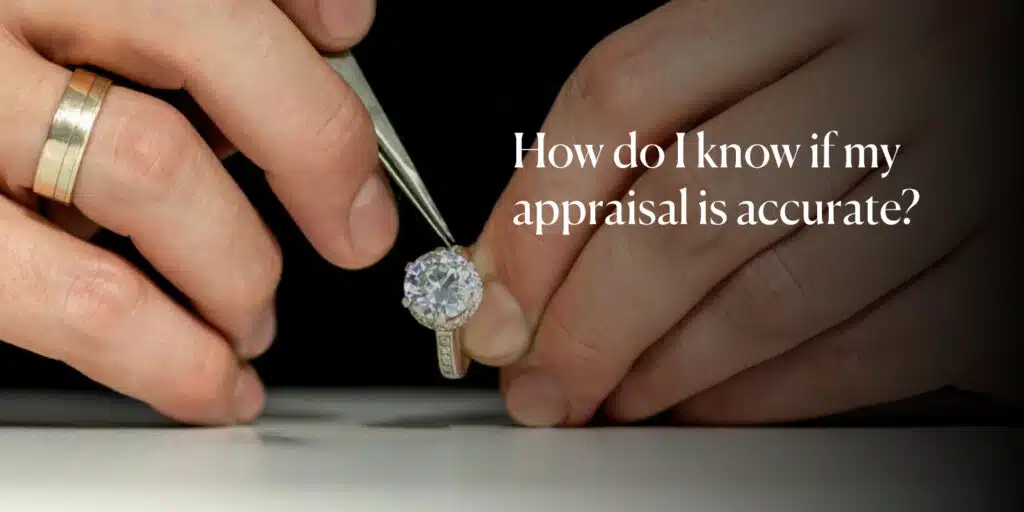
Ans. Ensuring an accurate appraisal involves verifying the appraiser’s credentials and assessing the quality of the report.
Follow these steps to confirm accuracy:
- Check Credentials: Ensure the appraiser is certified by a reputable organization like GIA, AGS, or NAJA.
- Look for Detailed Descriptions: A good appraisal includes the diamond’s specifications (4Cs), metal type, and any unique design features.
- Cross-Check with a Grading Report: If you have a grading report, compare the details with your appraisal to ensure consistency.
- Seek a Second Opinion: If in doubt, get a second appraisal from another qualified professional.
“An accurate appraisal is thorough, unbiased, and backed by professional certification,” advises Mark Ellis, a gem appraisal expert.
Q. Can I get my diamond ring appraised online?
Ans. Yes, some services allow online appraisals, but they are often limited in accuracy compared to in-person evaluations.
Pros of Online Appraisals:
- Convenient for initial estimates.
- Allows you to upload images and descriptions for quick feedback.
Cons of Online Appraisals:
- Cannot fully assess your ring’s condition or craftsmanship.
- Lacks the precision of tools like microscopes or loupes used in person.
For the most accurate results, it’s best to visit a certified appraiser. Some platforms, like BriteCo, offer hybrid services, combining online convenience with expert reviews.
Q. What documents should I receive after an appraisal?
Ans. A professional appraisal report provides detailed information about your ring. Here’s what you should expect:
- Complete Description: Includes details about the diamond (4Cs), setting, and any unique features.
- Appraisal Value: Lists the monetary value for insurance, resale, or other purposes.
- Photographs: High-resolution images of your ring for reference.
- Certification Details: Information about the appraiser, including their credentials and affiliations.
Ensure the document is signed and dated by the appraiser. This confirms its authenticity and can be used for insurance or legal purposes.
Conclusion
The definition of appraisal for diamond ring is a professional evaluation that determines your ring’s market value by assessing its unique characteristics, such as the diamond’s 4Cs, the metal quality, and overall craftsmanship. Appraisals are essential for protecting your investment, ensuring proper insurance coverage, aiding in resale, and assisting with estate planning.
By prioritizing regular appraisals and maintaining updated documentation, you safeguard the sentimental and financial value of your diamond ring.
Whether you’re insuring, selling, or passing your ring on as an heirloom, a professional appraisal ensures you have the accurate information needed to make informed decisions.


